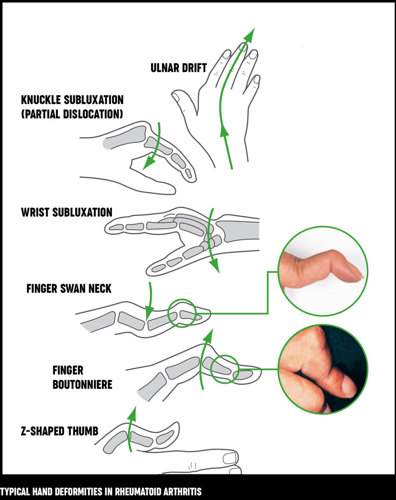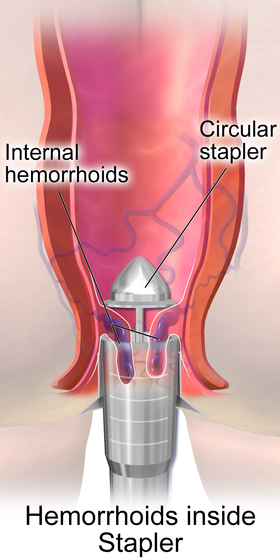
Abnormal BUN and creatinine levels may be signs of a kidney disease or disorder. When you have routine checkups, your doctor may recommend blood tests to see how your body is working.
No-Hassle Advice For Healthcare – An Intro
Elevations in any of these levels are a sign that your body is not processing glucose properly, which can increase your risk for diabetes, heart disease, cancer, and Alzheimer’s disease. One study published in the Journal of Neurology in showed that even if your Hba1c is considered in “normal range”, every increase by 0.1 will increase the rate at which your brain shrinks in size per year. This is why being advised on how to reach “optimal range” is so much more important than simply saying you’re in “normal range”. Which tests you need depends on your age, anemia causes your sex, your family history, and whether you have risk factors for certain diseases. After a screening test, ask when you will get the results and whom to talk to about them.
For many tests, normal ranges vary depending on your age, gender, race, and other factors. Blood tests for kidney function measure levels of blood urea nitrogen and creatinine (kre-AT-ih-neen). Both of these are waste products that the kidneys filter out of the body.

This is when your breathing stops and starts while you sleep. It can leave you irritable and foggy-headed in the morning, with dry mouth, sore throat, and a headache. But those could be signs of the flu, a cold, or other conditions, too. To know for sure, your doctor may recommend a sleep study, where a technician records your brain activity, heart rate, breathing, and oxygen levels, and notes if you snore as you sleep.
- A full-body scan is a scan of the patient’s entire body as part of the diagnosis or treatment of illnesses.
- All these stories may be true, but believing the success stories of screening tests without considering the risks or harm they can bring, or vice versa, is problematic.
- For starters, some may go for a wide array of tests and scans every year just to reassure themselves, and others avoid such tests as often as they can due to the fear of finding something sinister.
- While blood tests usually do not involve radiation, having too many unnecessary ones may cost you more and sometimes distract your doctor from what is really important.
Standards For Root Aspects Of Health News
If you feel sluggish and have been gaining weight, those can be signs that your thyroid isn’t making enough thyroxine. It also may thin your hair, change your bowel movements, and make you more sensitive to hot and cold. These symptoms, along with blood tests, can help your doctor figure out if you have hypothyroidism. Your doctor typically orders blood tests for you during a physical, checkup, or an appointment intended for a specific condition.
These screenings can indicate the presence of cervical cancer and help assess risk. Your doctor will insert a sterile swab in your vagina and gently scrape your cervix to obtain a cell sample for analysis. While this test may be uncomfortable to some, it is critical for assessing cervical health. There are some diseases that are very insidious and their progression cannot be tracked very well unless the patient has regular health screenings. This makes it crucial that one gets a regular health check-up to ensure that you are not missing out on identifying any life-threatening diseases.